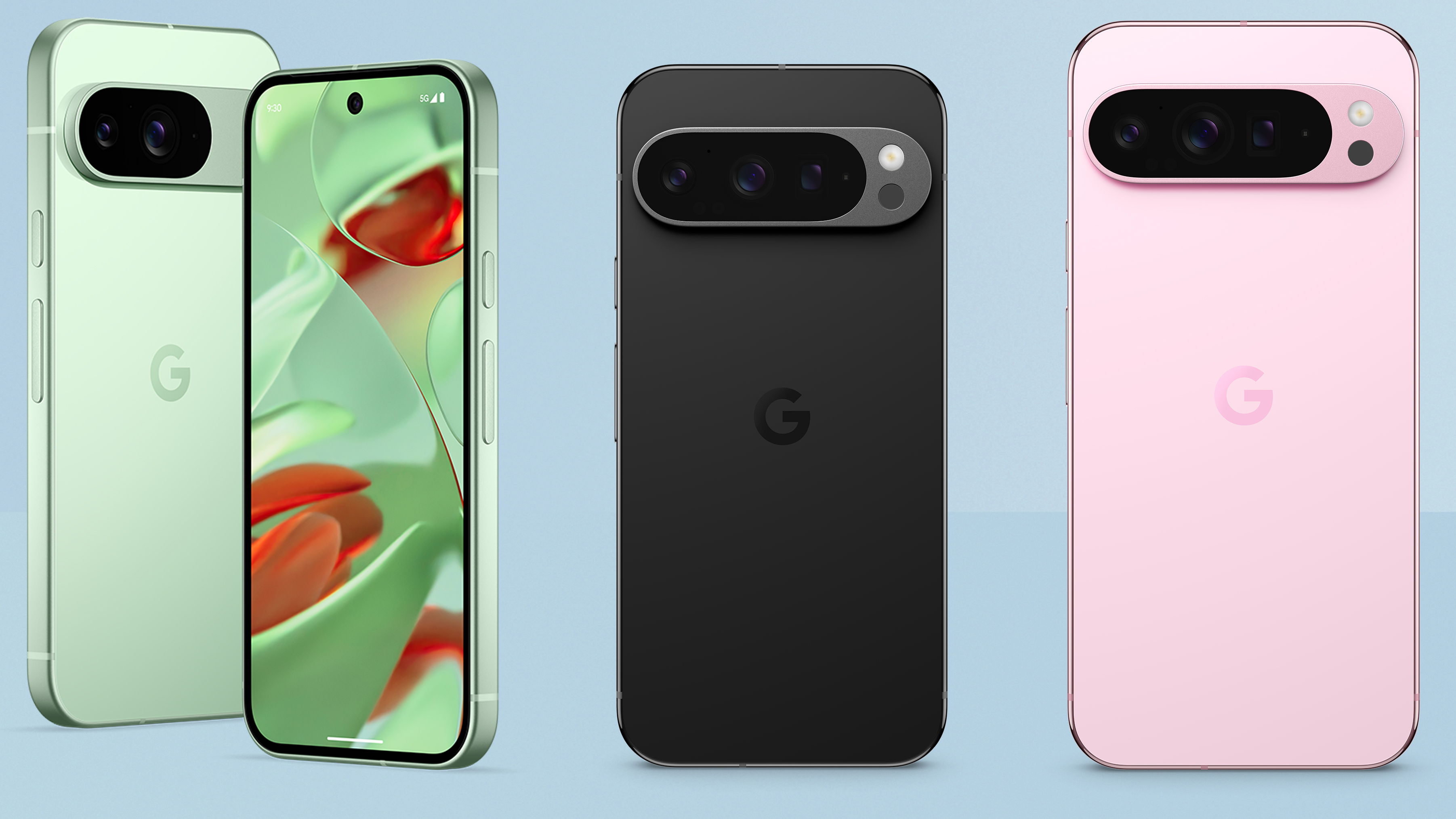
Google is shaking up its Android release schedules.
From 2025 every major Android release will arrive in the summer rather than the Autumn.
In recent years, Android releases have settled into a predictable annual routine: the developer previews come out around February, and the final release comes to your phone in August or September. But from 2025 onwards, Google intends to change that and deliver Android's major updates to your phone earlier in the year.
At the moment, Android releases come out in Q3 – the quarter ending with September. But in future Google intends to deliver them in the quarter before that. So instead of an Android Autumn we'll have a Smartphone Summer.
Why is Google changing the Android release date?
The main reason for the change is to "better align with the schedule of device launches across our ecosystem," Google says. The move is to ensure that "more devices can get the major release of Android sooner" as well as to deliver "a higher level of quality and polish across releases".
The news comes via Google's Android Developers blog, where it sets out the new plan. "Next year we'll have a major release in Q2 and a minor release in Q4", Google explains. The major release will be the main numbered release, so Android 15 will be replaced by Android 16; the minor release will be the mid-term update with feature updates, bug fixes and minor improvements but "will not include any app-impacting behaviour changes."
Although the major and minor updates in Q2 and Q4 are the key releases in the calendar, that doesn't mean they'll be the only Android updates. Google says that it will continue to deliver updates in Q1 and Q3 with "incremental updates to help ensure continuous quality."
It'll be interesting to see what that means for existing devices such as the Pixel 6a, which launched in July 2022 with the promise of three years rather than three generations of Android updates. Before Google's change that meant it wouldn't necessarily get Android 16, as that wouldn't arrive until after the three years were up. However, Google's 2025 changes means that it's now at least a possibility.







